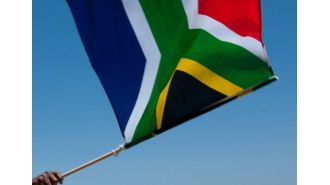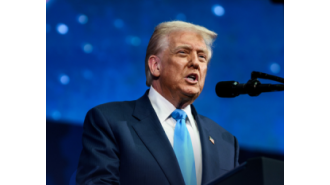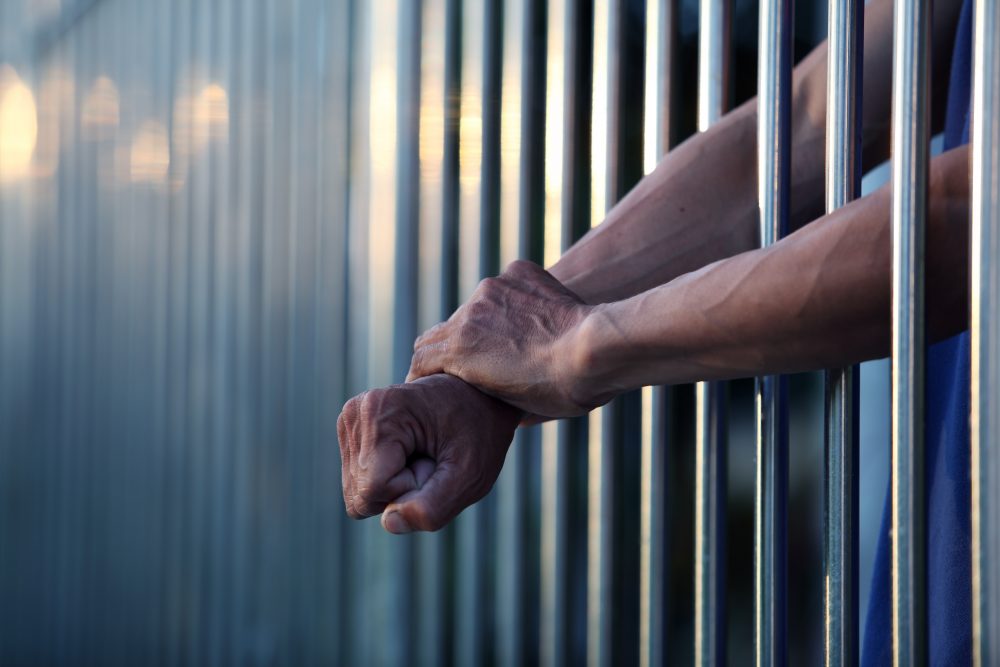MPs should not use their parliamentary privilege to name BBC presenters, according to a cabinet minister. What does this mean?
The English Bill of Rights was established in 1689.

Members of the Houses of Parliament have certain legal immunities, which have recently been brought to attention. There have been reports that some MPs were considering using a legislatorial right called Parliamentary Privilege to name an unnamed BBC presenter who has been suspended over allegations he paid a teenager for sexually explicit pictures.
Work and Pensions Secretary Mel Stride spoke on Sky News about the issue, saying that 'privilege… should be used sparingly'. But what is Parliamentary Privilege, and how does it work?
Parliamentary Privilege grants members of the House of Commons or the House of Lords specific legal immunities. According to a Parliamentary Research briefing, it has two main components: freedom of speech, and the right to regulate its own affairs. This freedom of speech guarantee gives MPs fewer restrictions around what they can and cannot say in the House, without fear of legal action over defamation or libel. The media are also allowed to report on what they say.
Parliamentary Privilege was established in the Bill of Rights in 1689, as a measure to protect Parliament against any interference from the monarch. It allows MPs to 'perform their duties without interference from outside of the House'. It also serves as a tenet of the separation of powers, protecting Parliament's ability to scrutinise the executive and examine issues, free from interference from the courts.
The right has been subject to some controversy, particularly in 2013 when several MPs and peers sought to use it to prevent criminal prosecutions for offences relating to their parliamentary expenses. In recent years, some MPs have also used Parliamentary Privilege to name individuals subject to court injunctions, to prevent the media from reporting on the story.
Parliamentary Privilege is a complex issue, and it's clear that it should be used sparingly. It is interesting to consider what implications its use can have, and how it affects the freedom of speech and the ability to scrutinise the executive.










